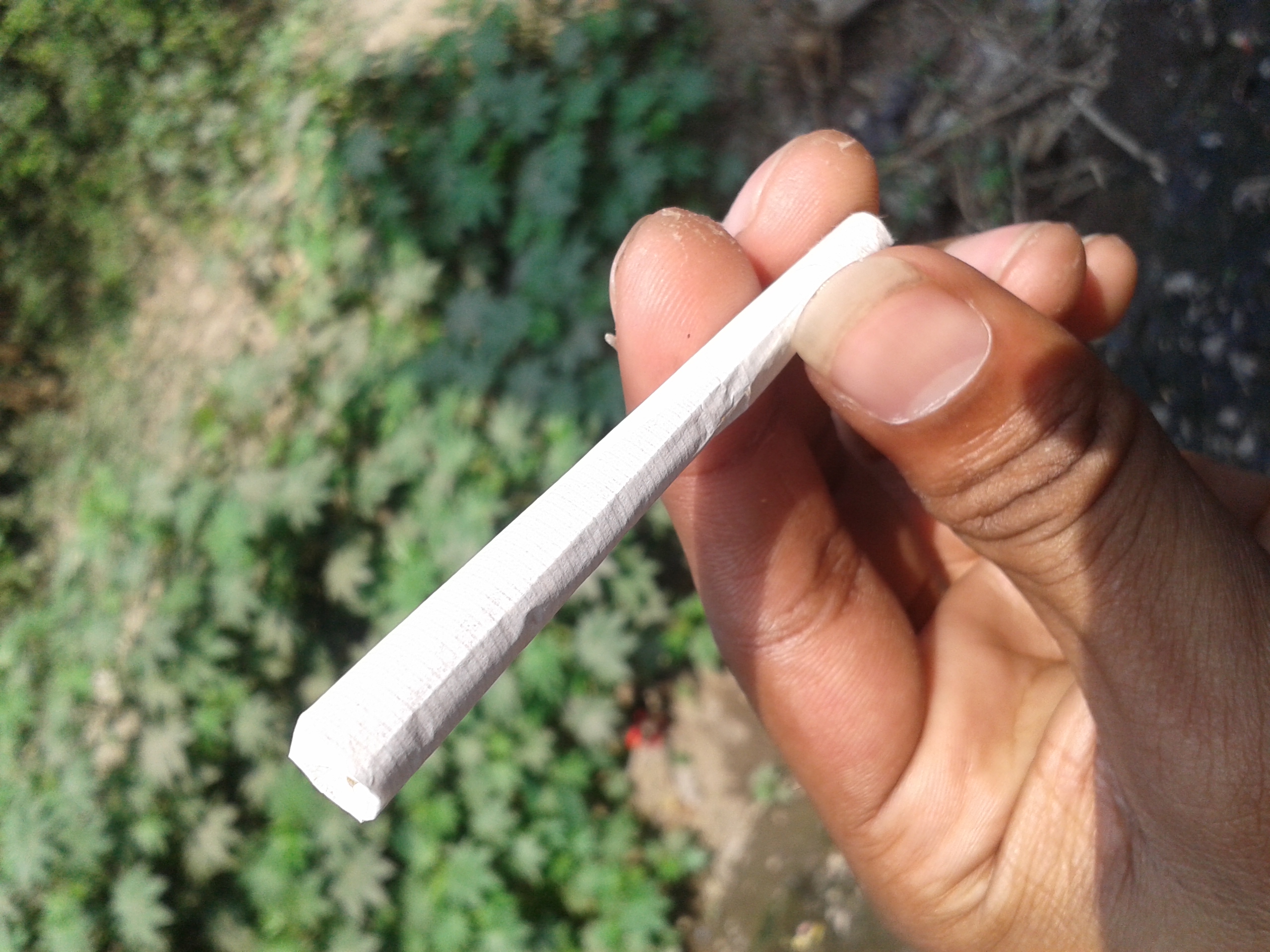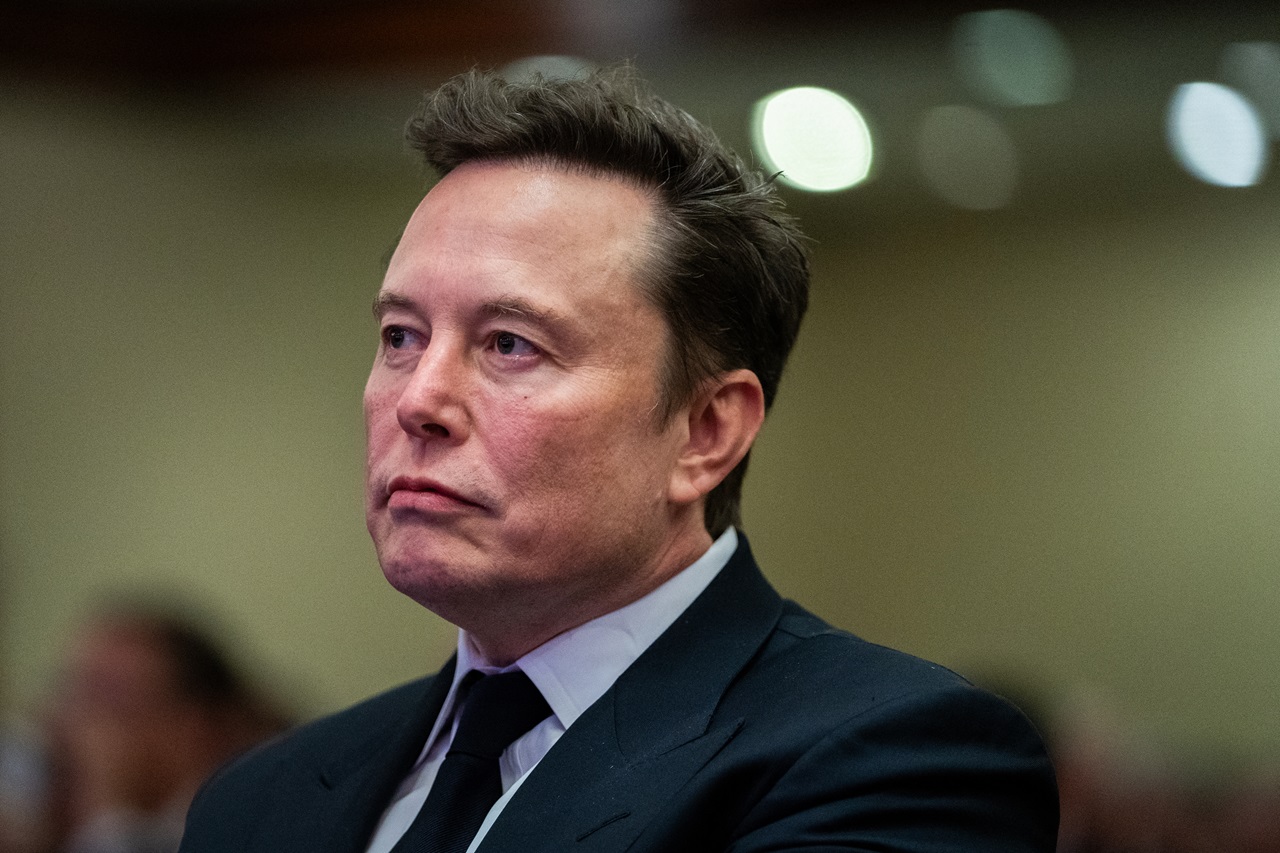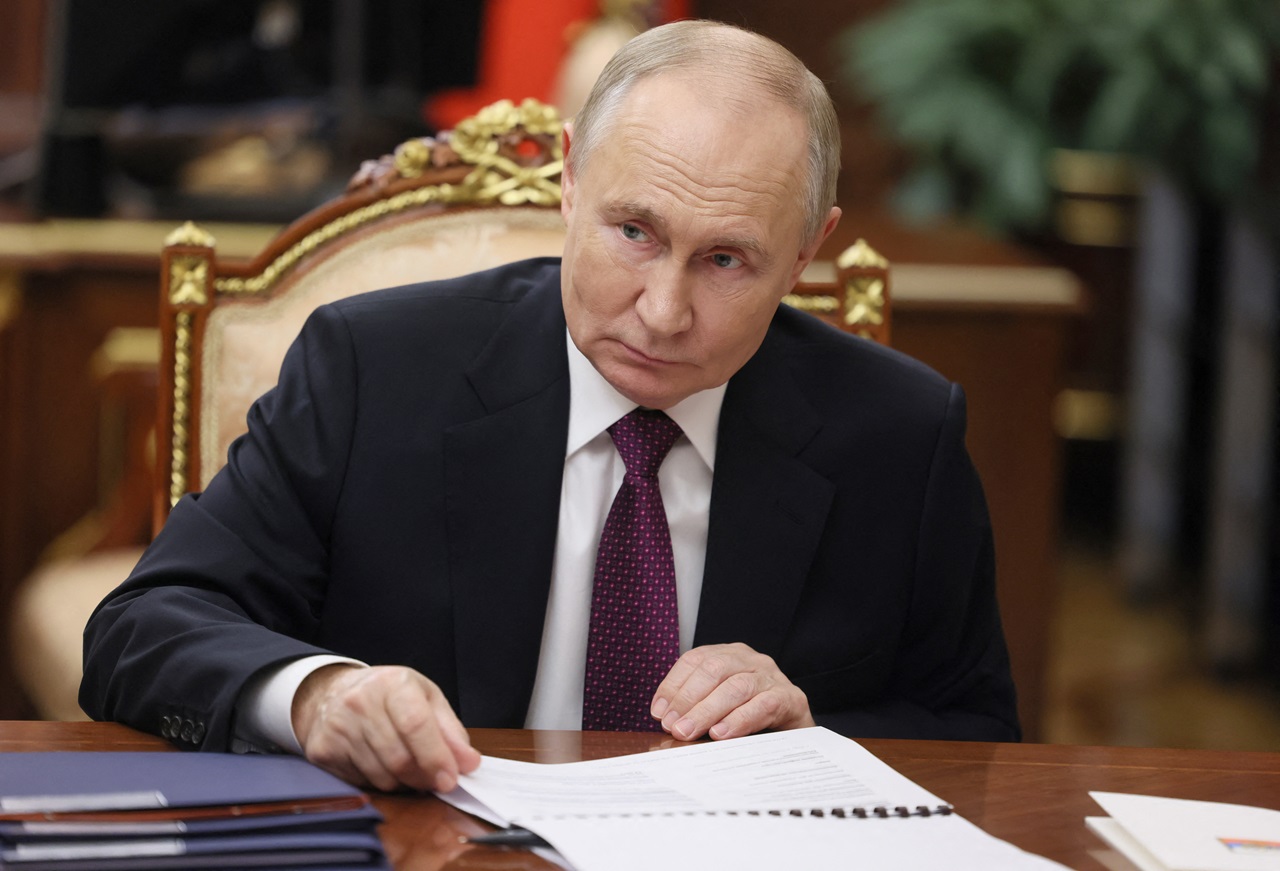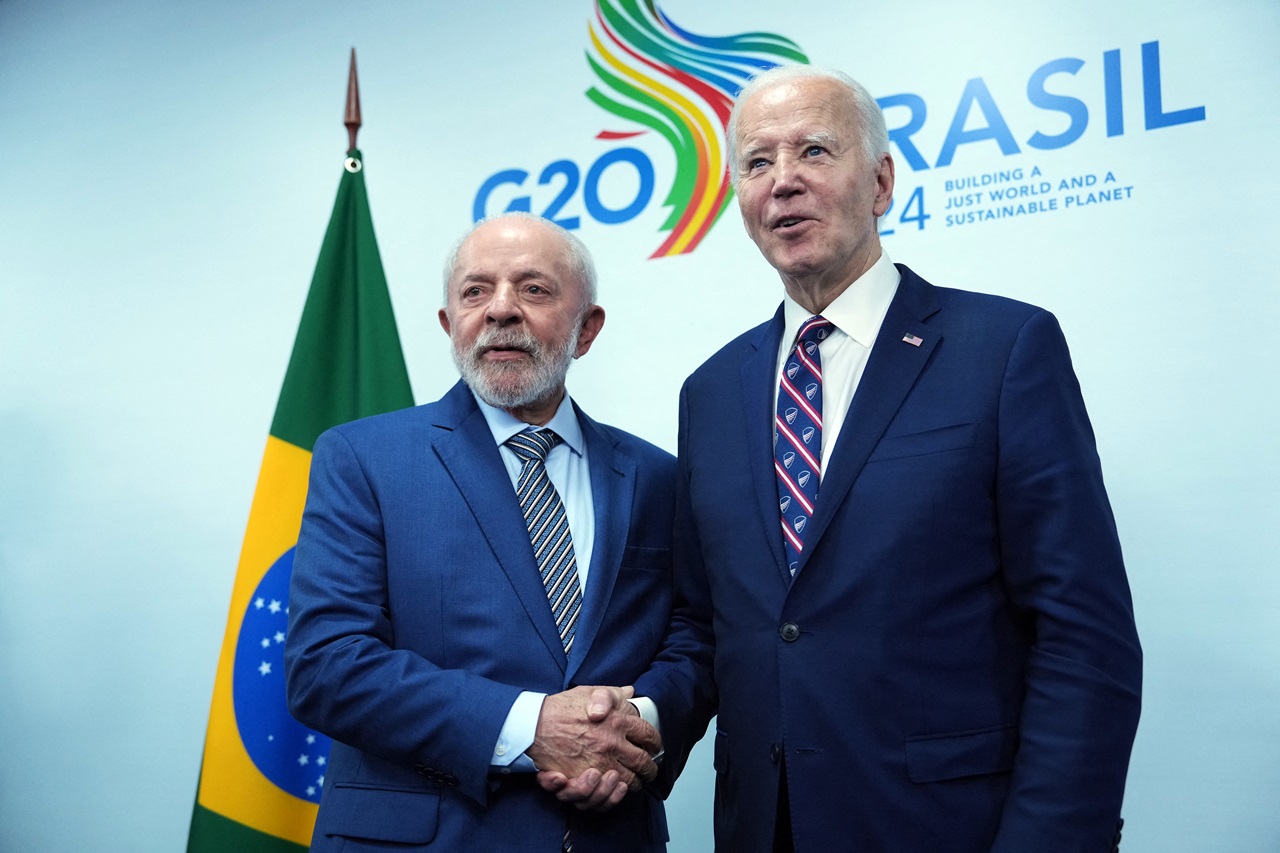
Could recreational marijuana fix the city's financial problems?
As Pennsylvania Auditor General Eugene DePasquale went on record saying that allowing - and taxing - recreational marijuana could help the state find money to close its budget gap, one has to wonder if the same could be applied to the city of Philadelphia.
During a Capitol news conference on Monday, DePasquale estimated Pennsylvania could bring in $200 million a year by regulating and taxing marijuana. Though Harrisburg is threatening to remove funding from the city of Philadelphia for it's sanctuary policies, the city could take the step to get the funding from Harrisburg and get vital funding it may need to address some of the city's larger problems.
And as Philadelphia is one of the rare cities within the Commonwealth that has decriminalized the usage of marijuana it seems to be a prime contender for a market that could boom within the city should Harrisburg make the decision.
Pennsylvania Governor Tom Wolf proposed spending reductions and new taxes (similar to the soda tax) to address the budget shortfall (projected at nearly $3 billion).
In 2016, taxing marijuana brought in $220 million in Washington, $129 million in Colorado, and $65.4 million in Oregon, according to DePasquale's office.
Using the model of marijuana regulation used in Colorado, DePasquale said it generated $129 million in a year from a population smaller than that of Pennsylvania.
With a budding city and increased tourism, the boom could fund everything from schools to streets projects.
"I wasn't necessarily convinced Pennsylvania should be the first, but now that we have actual results and data from other states, the evidence is clear that this can be both good socially and fiscally," DePasquale said.










DEJE UN COMENTARIO:
¡Únete a la discusión! Deja un comentario.